Collagen, the most abundant protein in the human body, plays a critical role in maintaining the structural integrity of our connective tissue, skin, bones, and blood vessels. As we age, our natural collagen production decreases, leading to various signs of aging and potential health issues. This has sparked a growing interest in collagen supplements, traditionally derived from animal products. But can we get collagen from plants? Let’s dive deep into the world of plant-based collagen and explore the facts, benefits, and potential alternatives.
Understanding Collagen: The Building Blocks of Our Body
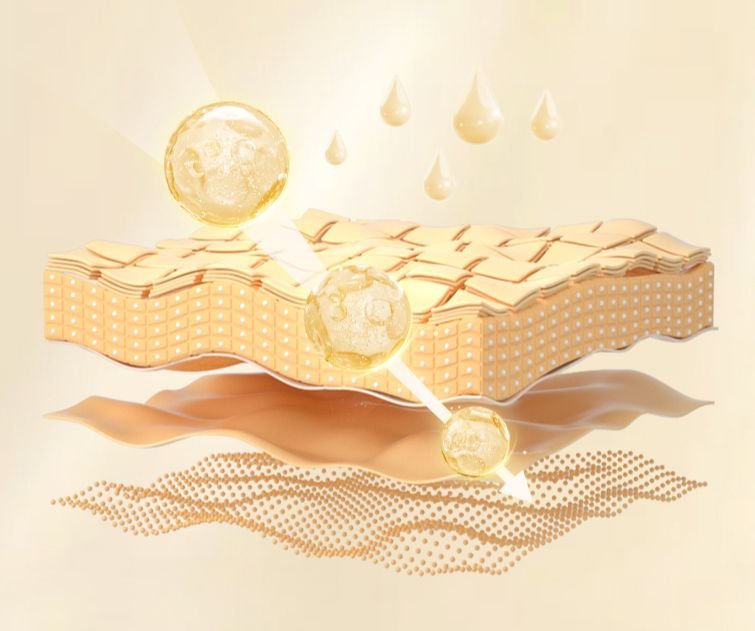
Collagen is a structural protein that acts as a major component of bone, skin, and other connective tissues. It’s often referred to as the “glue” that holds our body together, providing strength and elasticity to various types of tissue . The human body synthesizes collagen using amino acids, primarily glycine, proline, and hydroxyproline, which are derived from dietary proteins.
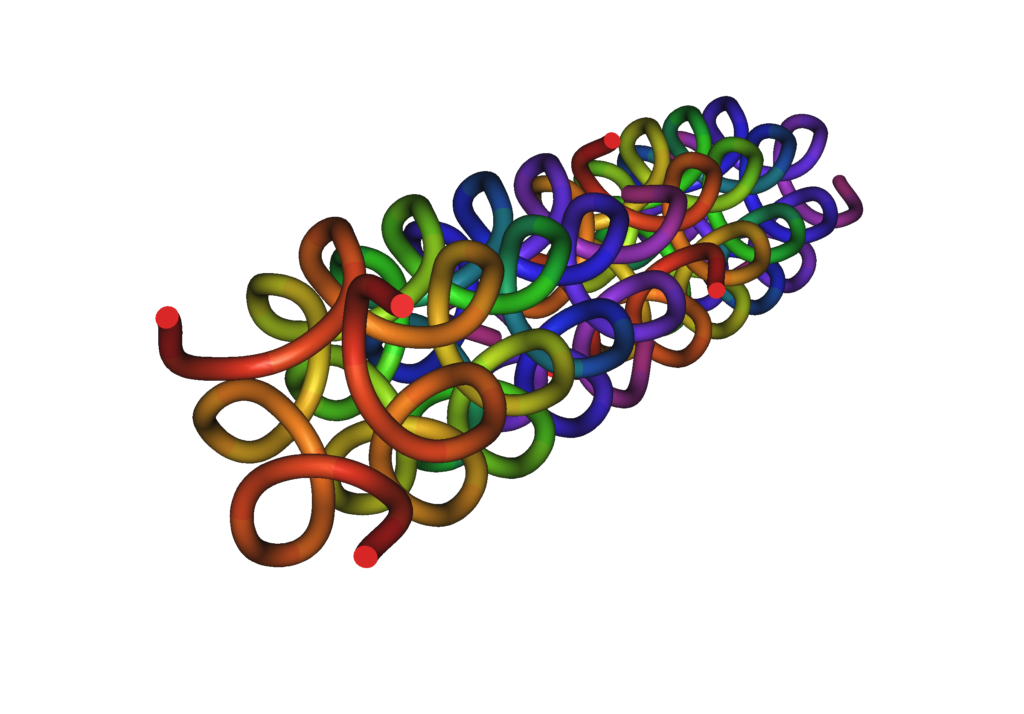
The unique triple helix structure of collagen In the animal kingdom, collagen is found abundantly in animal flesh, bones, and skin. This is why traditional collagen supplements are often sourced from animal products like bone broth or marine collagen from fish scales . However, with the rising popularity of vegan diets and plant-based lifestyles, there’s a growing demand for plant-based collagen alternatives.
The Truth About Plant-Based Collagen
Here’s the crucial fact: plants do not produce collagen. Collagen is a protein specific to animals, and there’s no such thing as plant-based collagen in nature. However, this doesn’t mean that those following a vegan diet or seeking plant-based alternatives are out of luck when it comes to supporting their body’s collagen needs. While plants don’t contain collagen, they can provide the necessary building blocks and nutrients that support our body’s own collagen production. This is where the concept of “plant-based collagen” or “vegan collagen” comes into play.
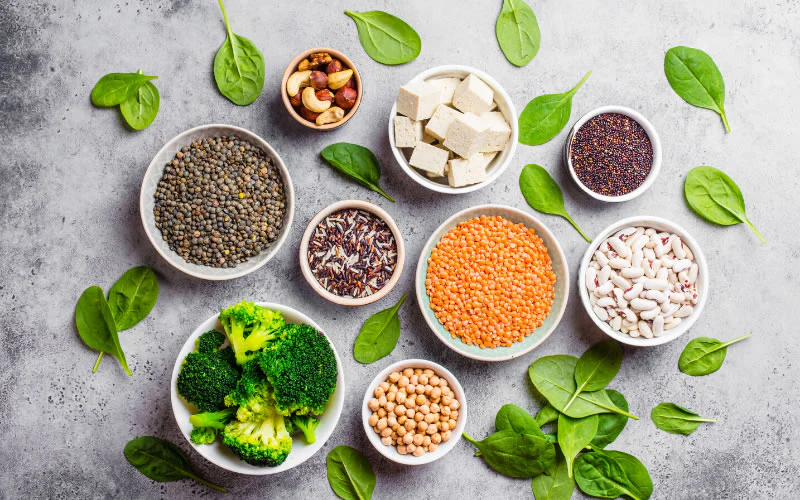
Supporting Collagen Synthesis with Plant-Based Foods
A well-planned plant-based diet can provide all the essential nutrients needed for collagen synthesis. Here are some key plant-based foods that support natural collagen production:
1. Citrus Fruits and Other Vitamin C-Rich Foods:
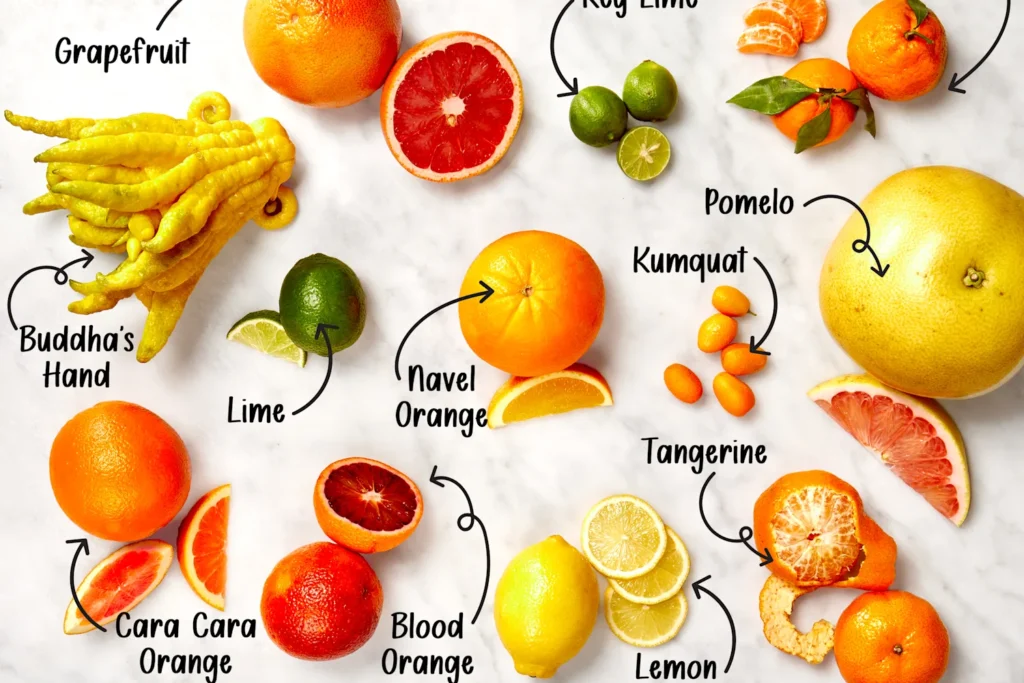
Vitamin C is crucial for collagen synthesis, acting as a cofactor in the enzymatic reactions that stabilize and cross-link collagen molecules. Oranges, lemons, grapefruits, and other tropical fruits are excellent sources of this powerful antioxidant.
2. Leafy Greens:
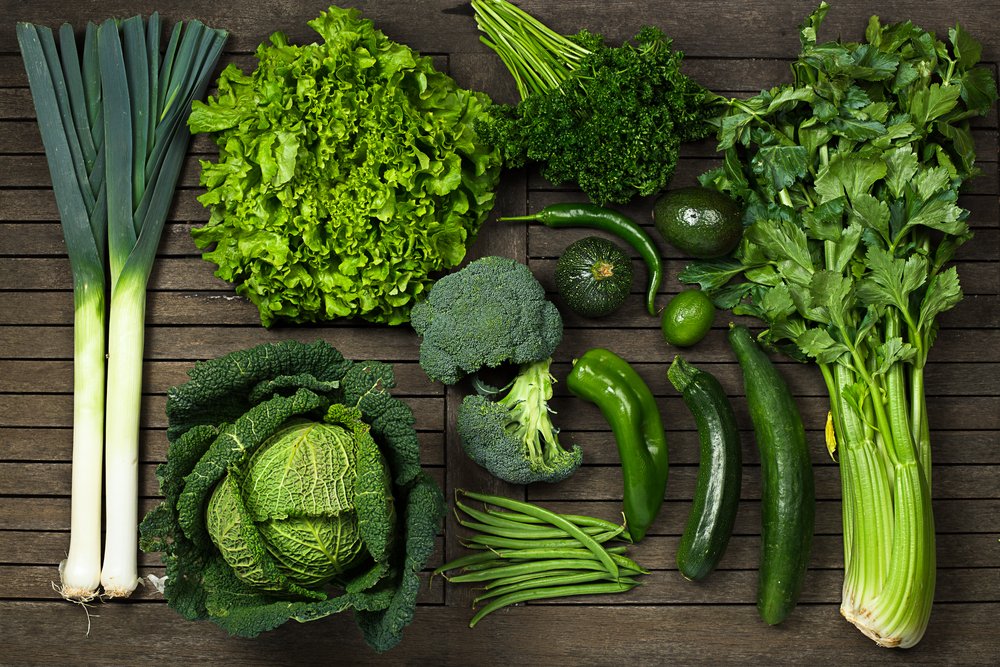
Vegetables like spinach, kale, and Swiss chard are rich in chlorophyll, which may increase the precursor to collagen in the skin. They’re also packed with antioxidants that protect existing collagen from oxidative stress.
3. Berries:
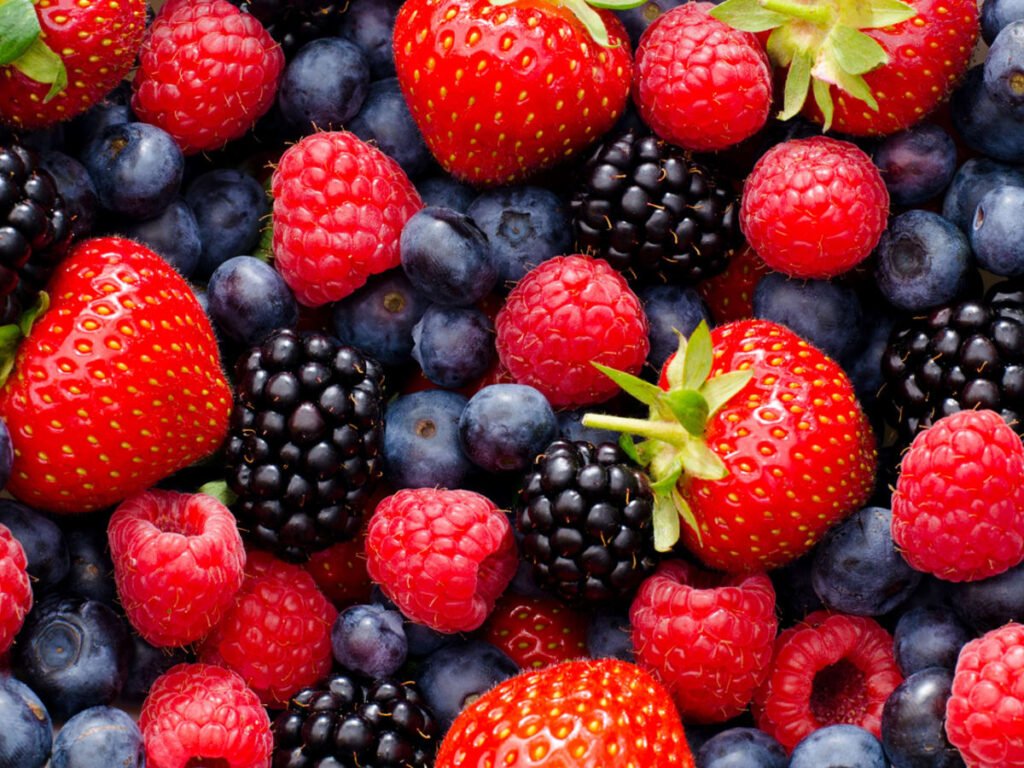
Blueberries, strawberries, and other berries are high in antioxidants that help protect collagen fibers from damage caused by free radicals.
4. Whole Grains:
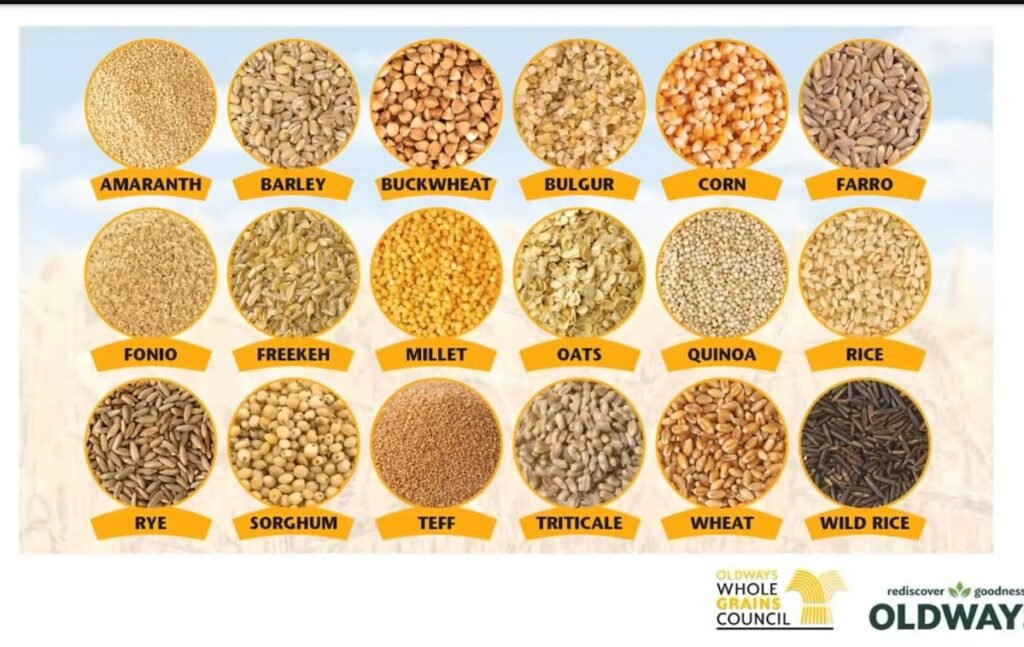
Foods like oats and quinoa provide zinc and silica, both important nutrients for collagen production.
5. Nuts and Seeds:
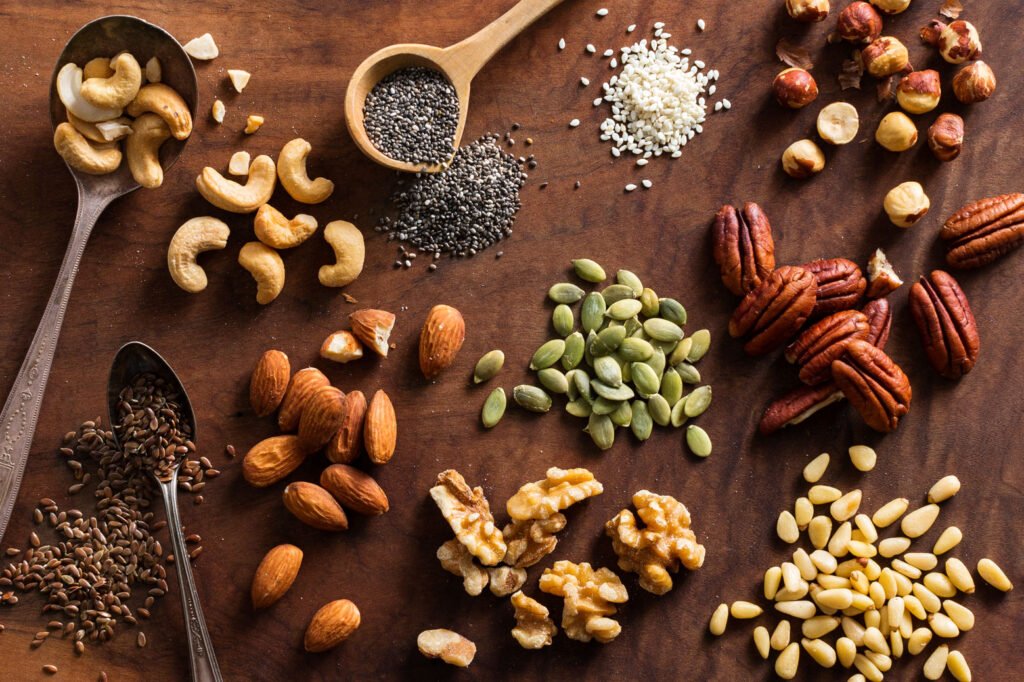
Almonds, cashews, and sesame seeds are rich in copper, another essential mineral for collagen synthesis.
6. Garlic:
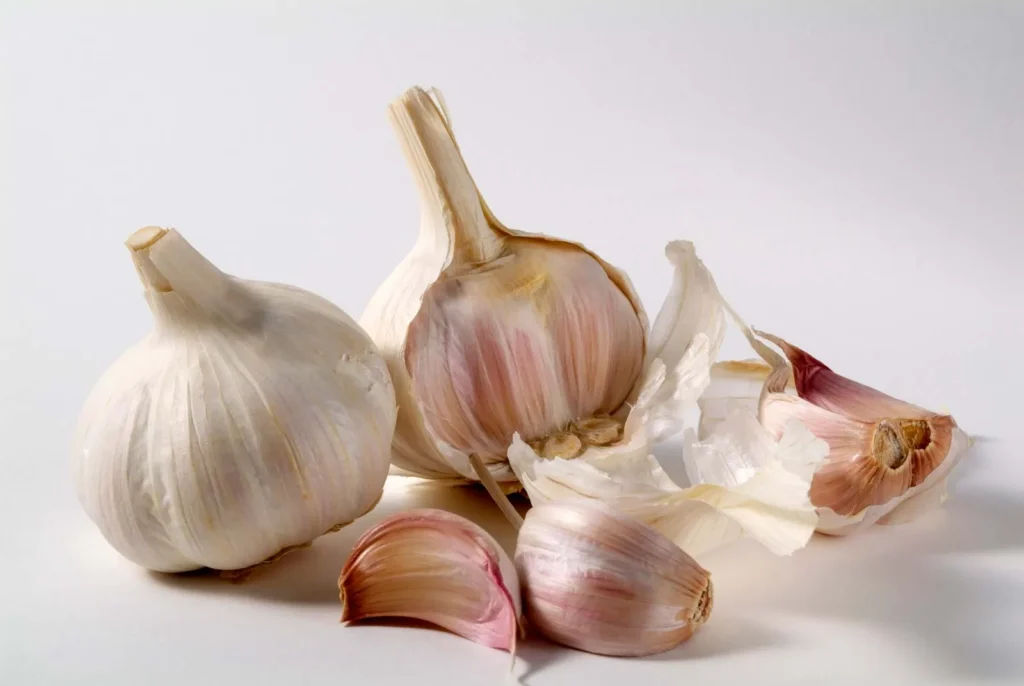
This flavorful bulb contains sulfur, a trace mineral that helps synthesize and prevent the breakdown of collagen.
7. Beans and Legumes:

These plant-based protein sources provide the amino acids necessary for collagen production. By incorporating these collagen-boosting foods into a plant-based diet, individuals can support their body’s natural collagen synthesis and promote healthy skin, strong bones, and overall wellness.
Vegan Collagen Supplements: A Growing Market
In recent years, the beauty and wellness industry has seen a surge in vegan collagen supplements. These products aim to provide the benefits of collagen without using animal-derived ingredients. But how do they work, and are they effective? Vegan collagen supplements typically contain a blend of plant-based ingredients that mimic the amino acid profile of human collagen. They often include nutrients like vitamin C, zinc, and silica, which are known to support collagen synthesis. Some products also incorporate herbal extracts that act as inductors’ to stimulate the body’s own collagen production.
Effectiveness of Vegan Collagen Supplements
The effectiveness of vegan collagen supplements is a topic of ongoing research. While they don’t provide collagen directly, some studies have shown promising results:
- A peer-reviewed, double-blind, placebo-controlled clinical trial demonstrated that a vegan collagen
- supplement (VeCollal®) significantly improved skin appearance, including collagen density, hydration,
- and elasticity, with a notable reduction in wrinkles by 32.9% within eight weeks.
- Another study evaluating a vegan collagen builder (VEGCOL™️) showed significant improvements in hair
- growth, skin smoothness, and reduction in wrinkles and joint pain after 60 days of treatment.
- These findings suggest that vegan collagen supplements can potentially achieve similar results to animal based products, particularly in terms of skin health and wrinkle reduction.
Comparing Plant-Based and Animal Derived Collagen
While vegan collagen promoters are gaining popularity, it’s important to understand how they compare to traditional animal-sourced collagen supplements:
1. Absorption: Animal collagen, especially marine collagen, is known for its high absorption rate, being absorbed up to 1.5 times more efficiently than other sources. Plant-based alternatives rely on the body’s ability to synthesize collagen from provided nutrients, which may be less direct.
2. Immediate Effects: Animal-derived collagen supplements provide collagen peptides directly, which may lead to quicker visible results in skin and joint health.
3. Sustainability and Ethics: Plant-based collagen alternatives offer a more sustainable and ethical option, free from concerns related to animal welfare.
4. Allergenicity: Vegan collagen supplements are generally considered safer for individuals with allergies to animal products.
5. Broad Spectrum Benefits: Plant-based alternatives often provide a broader spectrum of nutrients that benefit overall health, supporting collagen synthesis through a holistic approach.
The Future of Plant-Based Collagen
As research continues and technology advances, the future of plant-based collagen looks promising. Scientists are exploring innovative ways to create vegan collagen through bioengineering and fermentation processes. These developments could lead to more effective collagen supplements that are both vegan-friendly and structurally similar to human collagen.
Conclusion: Embracing a Collagen Boosting Lifestyle
While plants don’t produce collagen, a well-planned plant-based diet can provide all the necessary building blocks for our body’s natural collagen synthesis. By incorporating a variety of collagen-boosting foods and considering vegan collagen supplements, individuals following a plant-based lifestyle can support their collagen needs effectively.
Remember, healthy skin, strong bones, and a robust immune system are not solely dependent on collagen intake. A balanced diet, regular exercise, adequate hydration, and protection from excessive sun exposure all play important roles in maintaining overall health and wellness. As we continue to unravel the complexities of human biology and nutrition, one thing remains clear: nature provides us with a broad spectrum of nutrients to support our body’s needs, whether through animal products or plant-based foods. The key is to make informed choices that align with our health goals, ethical beliefs, and lifestyle preferences.

